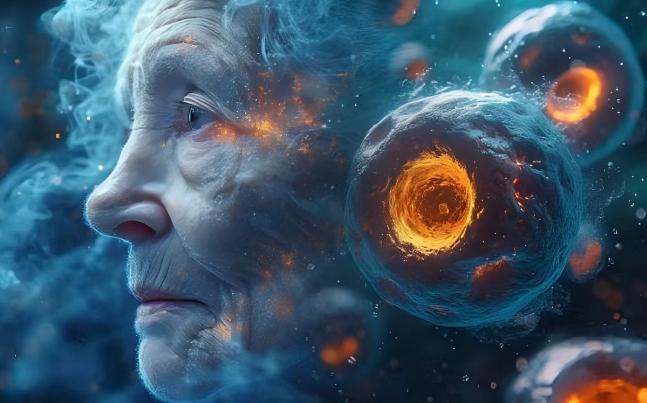Testagen is an endogenous peptide, which is a short chain amino acid sequence naturally synthesized within the organism and is an active peptide naturally present in the human body. Testagen has attracted widespread attention in the fields of biology and scientific research for its effects on cellular aging, tissue repair, and homeostasis.
Research on Cellular Aging
Cellular aging is a stable state of cell cycle arrest, usually caused by factors such as DNA damage, oxidative stress, and oncogene activation. It is a process in which cells gradually lose their ability to proliferate and their physiological function after multiple divisions, serving as an important marker of aging.
According to research, Testagen may interact with pathways related to cellular aging and potentially influence the signaling pathways of key regulators such as p53, p21, and p16.

Tissue Regeneration Research
Testagen also shows potential in the field of tissue repair and regeneration. The body's ability to repair damaged tissues gradually declines over time, leading to degenerative diseases such as Alzheimer's and Parkinson's. Studies suggest that senescent cells, through their senescence-associated secretory phenotype (SASP), may impair tissue regeneration by promoting chronic inflammation and interfering with stem cell function. Theoretically, Testagen may promote the expression of proteins such as Transforming Growth Factor-β (TGF-β) and Vascular Endothelial Growth Factor (VEGF) to influence tissue repair mechanisms. These proteins play key roles in wound healing and angiogenesis.
Neuroscience Research
Research suggests that Testagen may regulate neural signaling pathways and influence the formation of new neurons in the brain. Testagen may stimulate neurogenesis by interacting with neurotrophic factors such as Brain-Derived Neurotrophic Factor (BDNF) and Nerve Growth Factor (NGF), thereby supporting the survival and growth of neurons.
Post time: 2025-10-21
